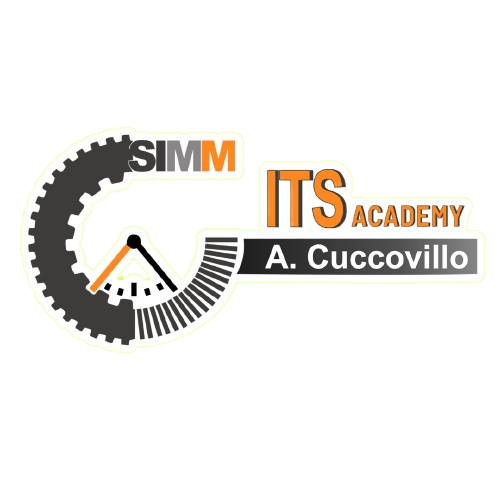INTERNAZIONALE
Academic Credit System
ITS A. Cuccovillo foresees that each course has a duration of two years and leads to the achievement of the Higher Technical Diploma (5th level of the EQF). Each two-year course consists of 13 to 16 modules and this number is defined on the basis of the technical-professional skills required at the end, connected to specific technological applications adopted in the production sectors where the internship activities are carried out, therefore strictly linked to the needs of company partners who have requested that particular professional profile. Overall, approximately 60 credits per year are foreseen, divided into an average of 30 six-monthly credits.
The 60 ECTS credits are assigned to the learning outcomes and associated workload. In general, for each Didactic Module, the workload required by the students to achieve the expected learning outcomes is evaluated by the experts and teachers of the modules. The hours of lessons are on average considered 30% or 50% of the hours of the workload depending on the theoretical or theoretical-practical nature of the different modules.
Each credit corresponds to 25 hours of work per student with a tolerance of 20% based on the type of course, which includes theoretical hours, hours in the laboratory, hours of individual study and hours of internship in companies.
The definition of the attribution of credits for each training course is entrusted to the ITS Technical Scientific Committee, which proposes the appointment of an ad hoc Commission (composed of at least 2 teachers of the specific ITS course and the coordinator) for the purpose of defining the number of credits per training unit. The Technical Scientific Committee of the Foundation evaluates and validates the training activities carried out and recognizes the expected training credits.
Given the diversity of higher education programs and institutions, it may happen that the credits and learning outcomes of a single educational component in two different programs are not identical. Therefore, ITS is committed to adopting an open and flexible approach to the recognition of credits obtained in another context, based more on the compatibility of the learning outcomes rather than the equivalence of the course contents.

